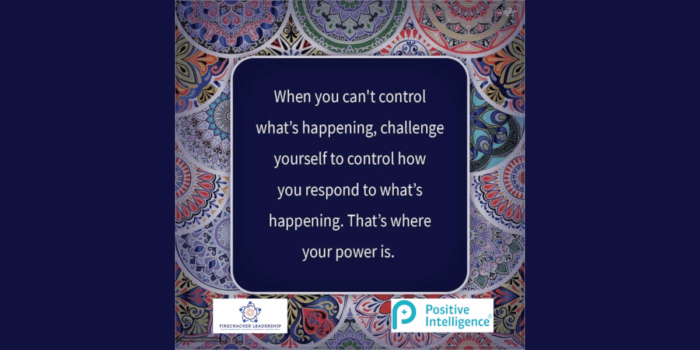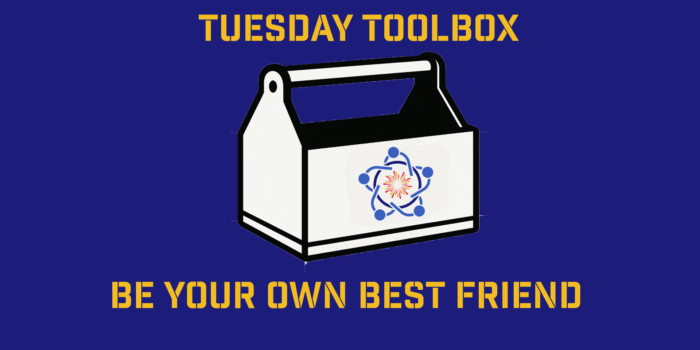Can you take a week off from coffee?
Coffee does plenty of cool things.
Coffee can reduce your risk of cancer up to 20 percent, your risk of type 2 diabetes by 30 percent, and your risk of Parkinson’s disease by 30 percent. A study published in Circulation found that coffee can reduce the risk of stroke by 20 percent. A study of over 260,000 people conducted by the NIH found that people who drank four or more cups of coffee a day were nearly 10 percent less likely to become depressed than those who drank none.
Coffee can also make you smarter. While research has found little to no effect from ingesting caffeine prior to creating new memories, one study determined ingesting caffeine after a learning task improved memory recall up to 24 hours later.
Drinking a little coffee kick-start your day? Makes sense. So does drinking a little coffee later in the day to better retain what you’ve learned during the day.
But there is one catch.
Caffeine blocks adenosine — a nucleoside that modulates physiological processes — from binding to receptors in your brain. When adenosine can’t bind, you feel (or keep feeling) alert and awake. That’s one reason why drinking a lot of coffee makes you feel really awake.
Yet not indefinitely. When your body recognizes that adenosine isn’t binding, your body responds by creating more receptors. A 2012 study found that within three days of consistent caffeine ingestion, the number of adenosine, nicotinic, and muscarinic (a chemical that modulates neuronal excitability) receptors significantly increases.
That’s why you need an extra cup of coffee to kick-start your day. That’s why you need a couple of cups after lunch. In simple terms, your body builds up its tolerance, and the effect diminishes. And that’s why the inevitable caffeine crash — and headache — is so dramatic and even painful; more receptors means your body is even hungrier for caffeine.
As with most things, your constantly caffeinated state becomes your new normal. A 2019 study found that participants in a 20-day study increased their peak cycling power (a proxy for feeling alert and energetic) for the first 15 days of ingesting caffeine.
The biggest boost came on the first day. After that, adenosine receptors started sprouting like wildflowers. Then the effect steadily diminished, until it reached pre-study levels.
So while coffee will still provide a number of health benefits — potentially reducing the likelihood of cancer, diabetes, Parkinson’s, etc. — the energy and memory boost provided is basically gone.
Unless you periodically hit the reset button. The same study found changes in adenosine receptor levels typically reverse after a 7-day caffeine break. Taking a week off reduces your tolerance and increases the boost you will feel when you start drinking coffee again.
Keep in mind you don’t have to go cold turkey. While some people take the first week of every month off, others use the week to strategically reduce their intake. Instead of two cups of coffee in the morning, just one. Instead of two cups in the afternoon, just one. The key is to reduce your intake for seven days to allow your adenosine receptor levels to reverse.
How great of a reduction you seek depends on how willing you are to cut your consumption. Just make sure you follow that approach for a whole week; one or two days will make relatively little impact on adenosine receptor levels, and therefore on the benefits when you resume your normal coffee routine.
EXPERT OPINION BY JEFF HADEN, CONTRIBUTING EDITOR, INC.@JEFF_HADEN



